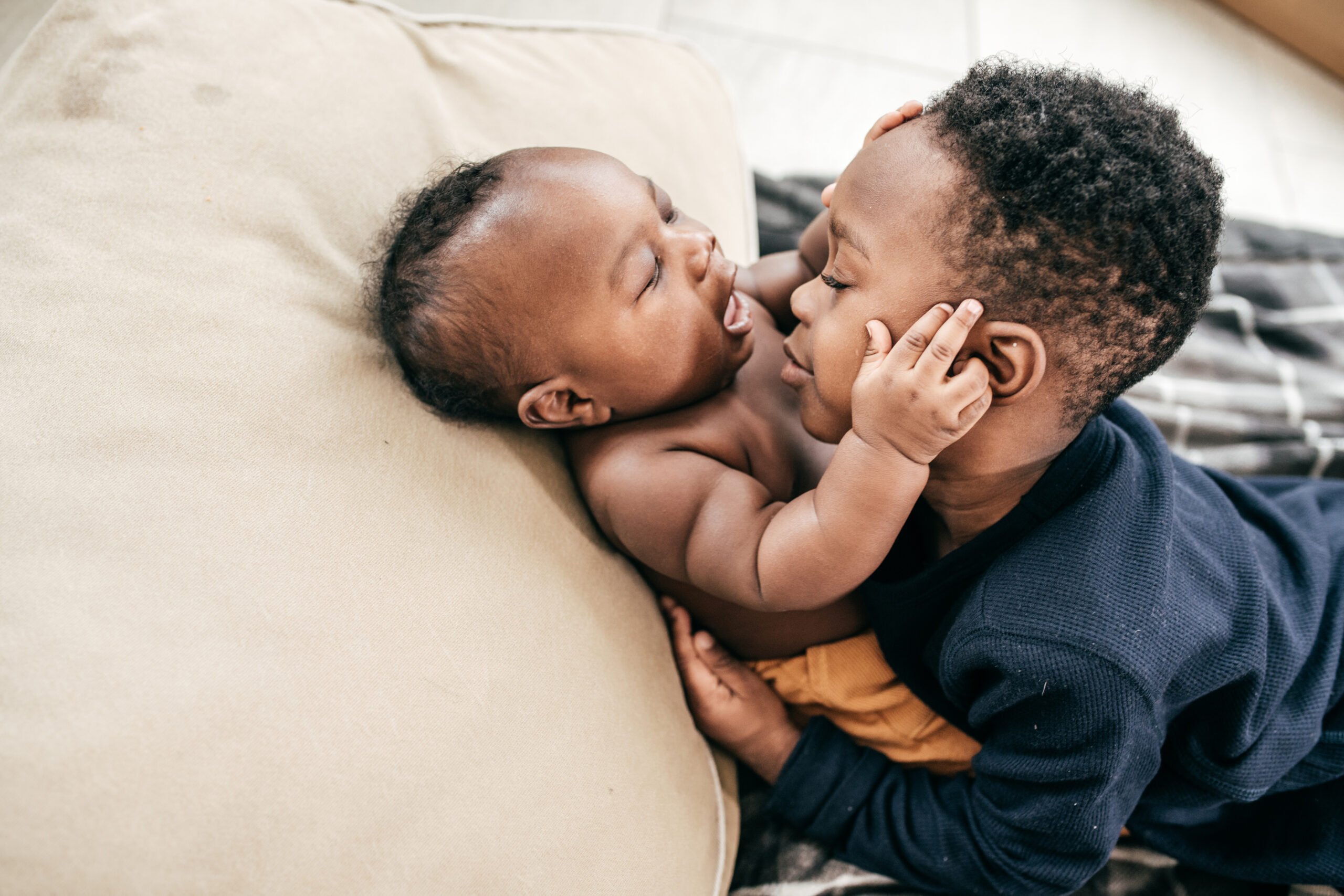
February can be a glorious time when stores, schools, companies, and organizations choose to honor Black history. As a mom of four Black children, we certainly get excited when we see Black History Month merchandise roll out, or one of their teachers shares a lesson on one of their favorite Black historical figures.
However, nobody gets extra points for honoring Black history, especially not when they limit their wokeness to February. My children aren’t just Black for 28 days out of the year. They are Black every minute, of every hour, of every day, week, month, and year.
More from Mom.com: 16 Ways to Celebrate Black History Month
Black history shouldn’t be an elective or a marketing ploy
Though we certainly appreciate the strides made to honor Black history, when Blackness is used as a token, it just feels icky and doesn’t accomplish much. Our children can’t pick and choose when to be Black — so it feels a bit like betrayal when others like to pick and choose when Blackness will be honored, taught, and explored.
Similarly, some companies will share a Dr. King quote over MLK weekend, but say nothing about injustices the other days of the year. Their chosen MLK quote is typically cherry-picked and usually totes something about peace and love, ignoring the fact that MLK was a radical activist who relentlessly pursued racial equality.
The reality is that gaining racial equity isn’t a Hallmark moment
In fact, it’s relentless, messy, complicated work.
If our society is going to move beyond surface-level racial discussions and stop pretending that one candlelight unity service is going to eradicate racism, we have to reject the idea that Blackness should be put into boxes. One such box, of course, is limiting Black history teachings to February. However, these boxes also occur in everyday life. When people are quick to cheer on a Black person who excels in sports or entertainment but fails to honor them in other professions like law, invention, and culinary arts, we do humanity no favors.
My family absolutely honors Black History Month
There is a bookshelf in our living room that we use to rotate books through based on theme. Some of our favorite Black biographies are displayed, keeping them within easy reach. We have purchased special Black History Month merchandise, always making sure that the creator of such is Black themselves.
Year-round, we listen to music by Black artists, embracing the many genres that Black people have created or contributed to. My oldest is currently writing a research paper on jazz artist Duke Ellington. On any given day, you’ll hear us blaring Mickey Guyton, Lecrae, or Ella Fitzgerald. I want my children to know and appreciate these artists, not just see them as a symbol of February.
Let’s remember, Black history lessons are important for all children — not just those who are Black
Black history is American history. For far too long, Black history has been suggested as something supplemental rather than the norm. This is not only unfortunate but harmful to all children. As they learn and grow, they will eventually have jobs and families of their own. Without all children learning the truth of history — no matter how brutal it was — the cycle of ignorance and inequity will continue. Racism has yet to be solved, and true unity has yet to be reached by pretending and ignoring.
Yes, we are thankful that there is a month that highlights the accomplishments of Black people — people who look like my children. Yet we must keep in mind that history can teach us some powerful lessons, including choosing to see and acknowledge others, every day of the year.



